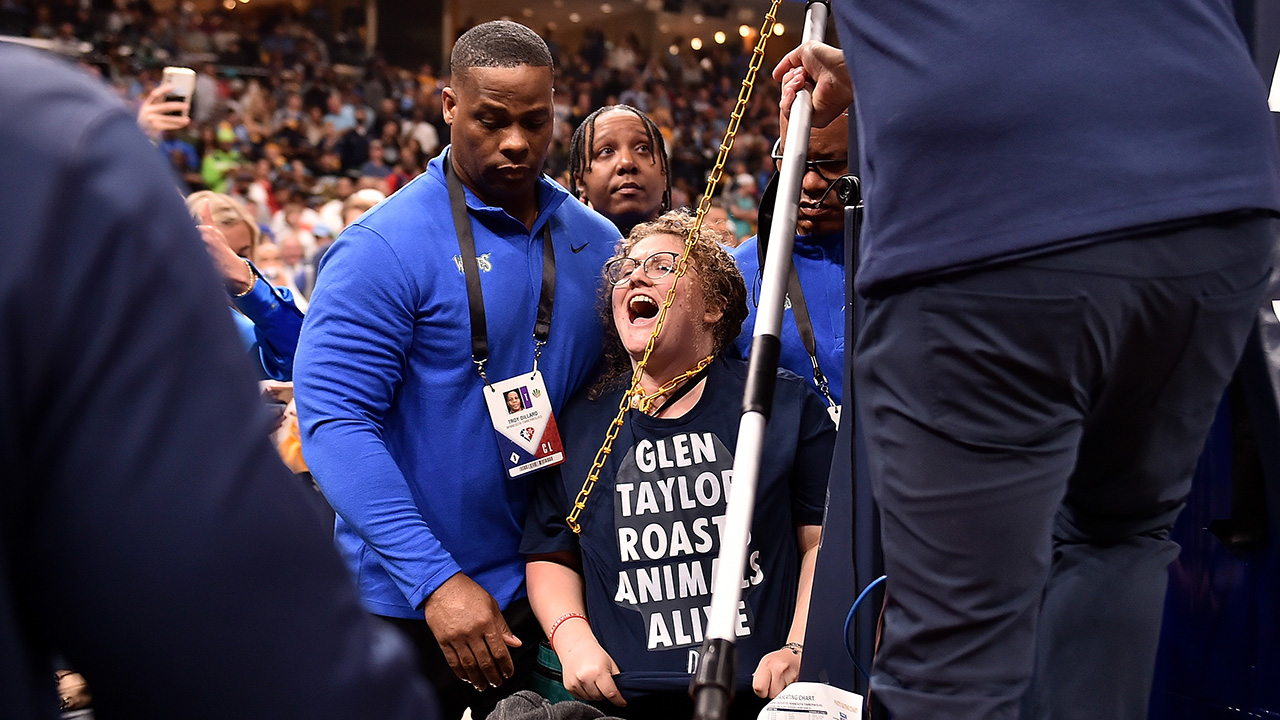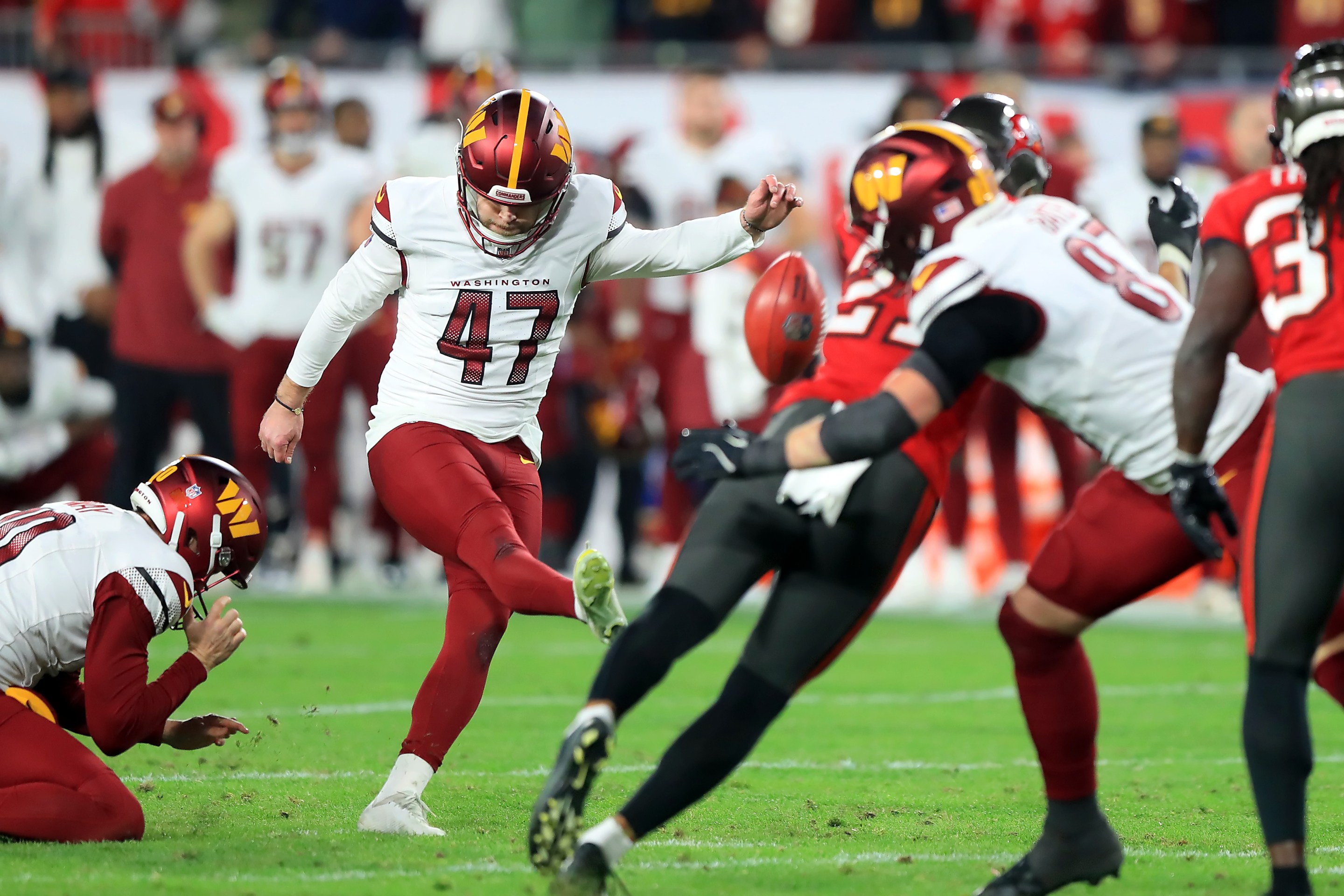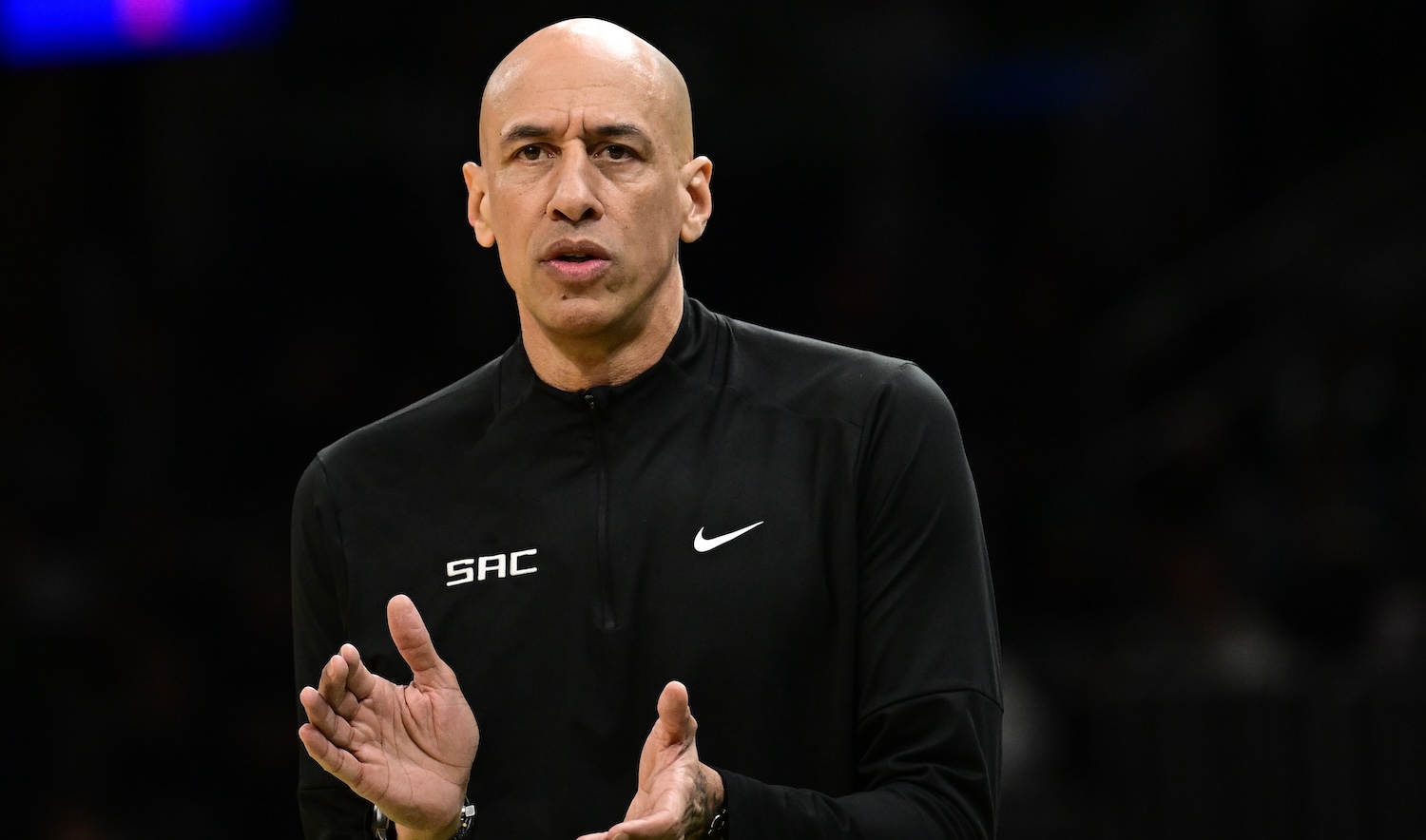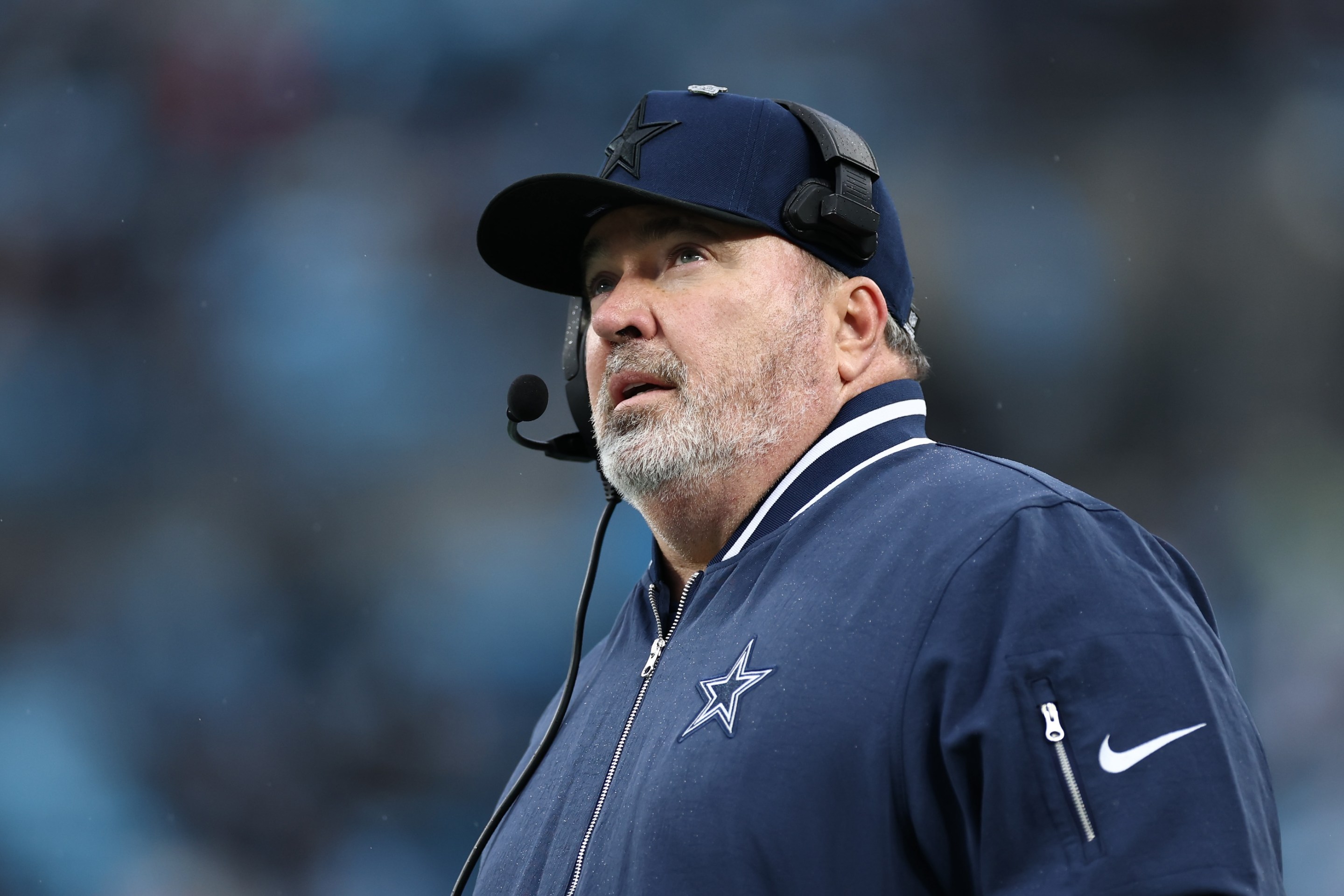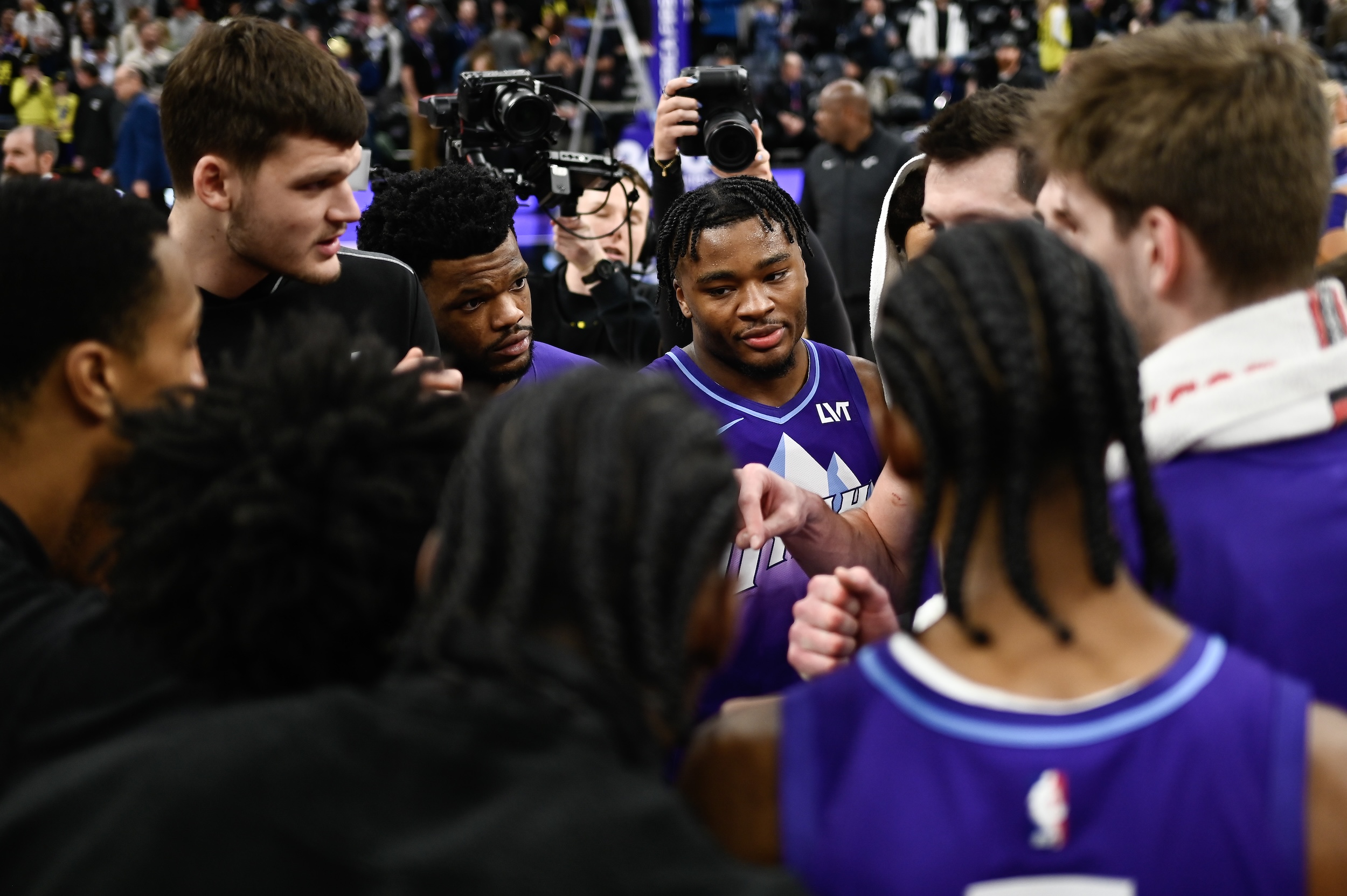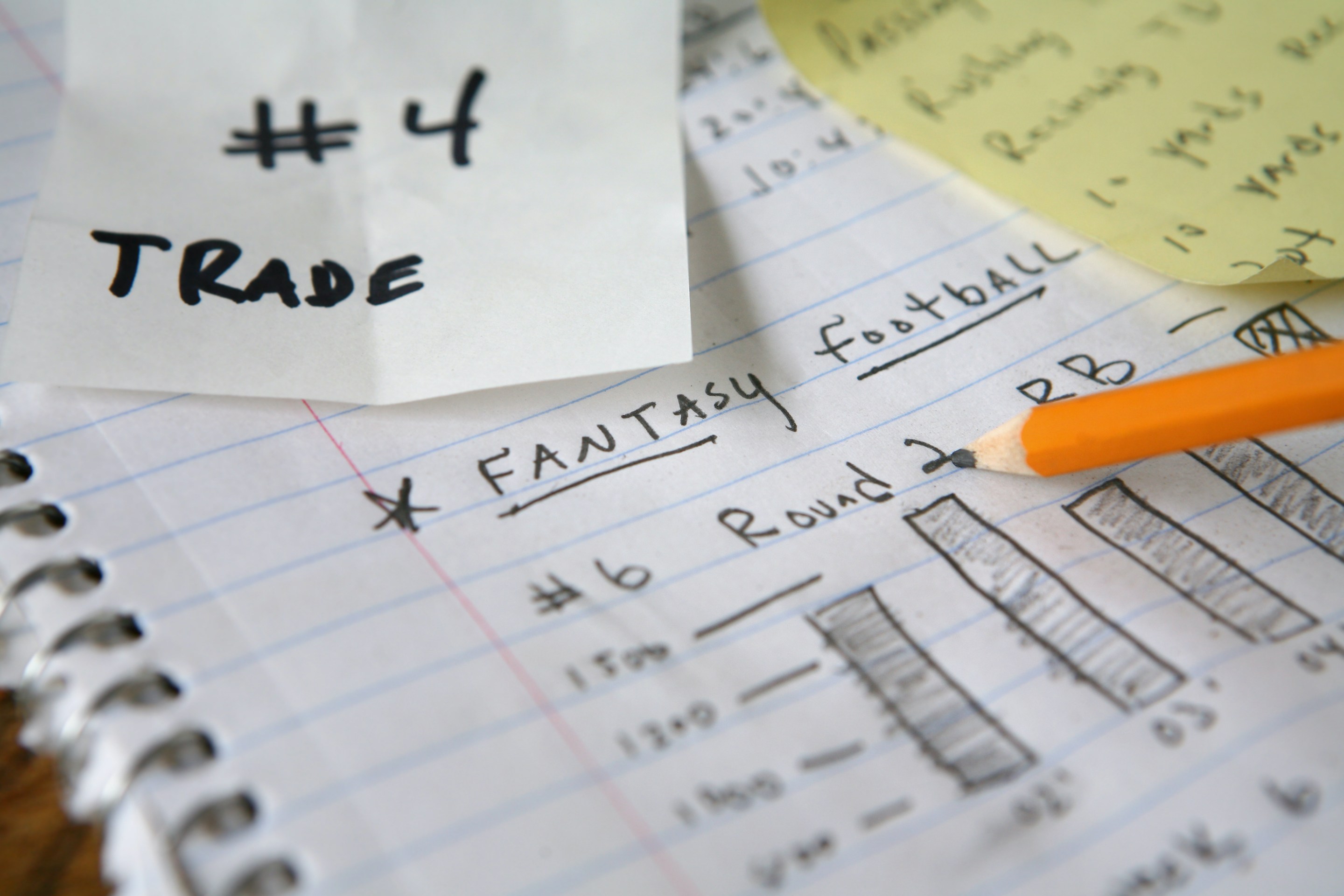"There's a lot of energy in this building. Some positive, some negative," ESPN NBA anaylst Richard Jefferson said on Saturday during Game 1 of the Memphis Grizzlies vs. Minnesota Timberwolves first-round playoff series. Jefferson was speaking after a protestor interrupted play by throwing flyers on the court and chaining herself to the basketball stanchion. "Think about it, you could've spent your weekend watching this game, going to Coachella. Instead, you know, causing a little bit of a scene, you can spend it in county. You don't want to spend your Easter weekend in county."
"So, fan will be dealt with, brief pause in the action of this second quarter," Jefferson's partner in the booth, Ryan Ruocco, said. "The crowd applauds as the situation is dealt with."
Aside from the nonsensical and exaggerated scolding, the very language the broadcasters used—"the situation," "negative energy," "causing a scene," "dealt with"—perfectly (and seemingly purposefully) elided what was actually happening on the court, which was that an animal rights activist was protesting against animal cruelty at a factory egg farm owned by Minnesota Timberwolves owner Glen Taylor.
The ESPN broadcast stood in contrast to how the local Timberwolves broadcast handled the protest. Not only did that broadcast show viewers what was happening, the broadcasters immediately identified what was going on as a protest, and said as much.
She chained herself to the basket stanchion pic.twitter.com/fAbi6uREdR
— CJ Fogler (@cjzer0) April 16, 2022
Five days earlier, an activist from the same group protested during the Timberwolves play-in game against the Los Angeles Clippers. In that protest, a woman glued herself to the floor. In its broadcast of the game, TNT also repeatedly called the action a protest and the broadcast team described it in detail as it went on.
Both protestors wore t-shirts that said "Glen Taylor roasts animals alive," referring to an investigation by a grassroots organization called Direct Action Everywhere that alleged the factory farm used a "mass killing method whereby ventilation openings in the industrial sheds full of birds are closed, and some combination of heat, steam and/or carbon dioxide gas are introduced, eventually killing the animals via suffocation."
It's easy to understand why Jefferson and Ruocco's instincts were to laugh the situation off and try to move the broadcast along, and a rotting corporate beast like ESPN can't be expected to meaningfully grapple with anything that poses a threat to the status quo. But this is the same network that explicitly branded its broadcast of the 2020 bubble playoffs as a piece of the broader protest movement that was sweeping the country, and it was in that bubble that NBA players themselves executed a wildcat strike as a form of protest against police brutality. That direct action is now, just two years later, a thing for ESPN to ignore and laugh at is not any less surprising than it is aggravating.
You don't have to have strong feelings about factory farming practices to be wary of any person or institution who seeks to belittle protest or direct action. We, both as fans who know there are more important things than sports and as people who recognize that protest is a critical—and increasingly endangered—collective right should at least be given the chance to see it for what it is.
